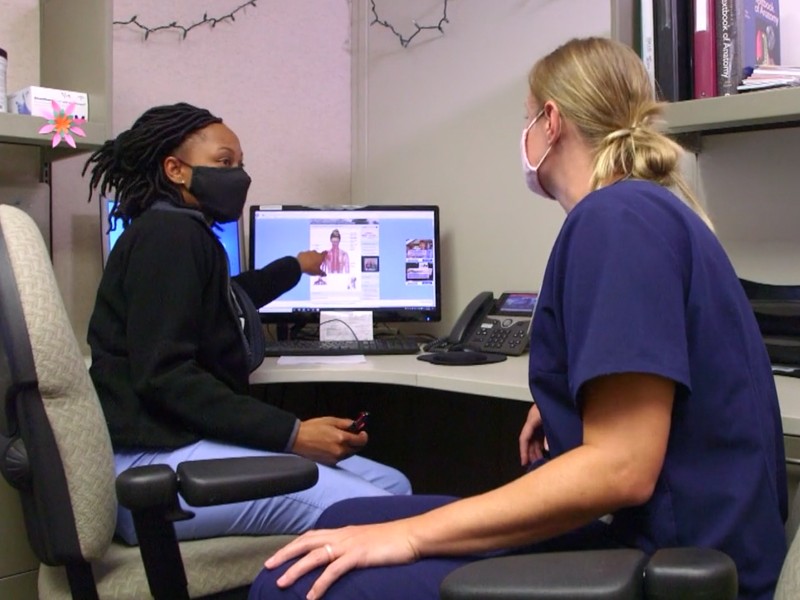Message from the Chair
Our program, one of the earliest in the U.S., was started in 1970 by Dr. Ed Shahady, when family medicine was born as a specialty from the previous general practice model. Since its inception, the program has graduated over 300 family physicians who have had an impact throughout our community, our region and the world, caring for people across the U.S., from Kenya to Japan, and from Canada to Honduras.
Just as family medicine was an innovation in 1970, we have continuously adapted to a changing environment. The core tenet of family medicine and primary care in general remains vitally important to a long-term relationship between the patient and their physician. The need for physicians who can provide excellent care remotely, because they know their patients better than anyone, has never been greater. Training across a broad spectrum allows family physicians to step in to provide care in most clinical settings, and skillfully coordinate with our specialty colleagues when needed. Their leadership of our teams, which include a nurse practitioner, nursing staff, physician assistant, pharmacist and integrated behavioral health colleagues, has been and still is critical as we move into the future.
Trained to take a whole-person approach, family physicians are best positioned to discern what additional factors are affecting their patients. Whether it is health disparities due to lack of access, racial injustice, or behavioral health issues, we will continue to care for our patients individually and advocate for societal system changes, leading to better health for all. We renew our continued commitment to recruit and train resident physicians who reflect the diversity of our patients in the community.
As we reflect on our 50th anniversary, not so long ago, we look forward to training future family physicians for the next 50 years, and beyond.
John A. DiSabato, M.D., FAAFP
Chair, Department of Family Medicine
Associate Director, Family Medicine Residency Program


